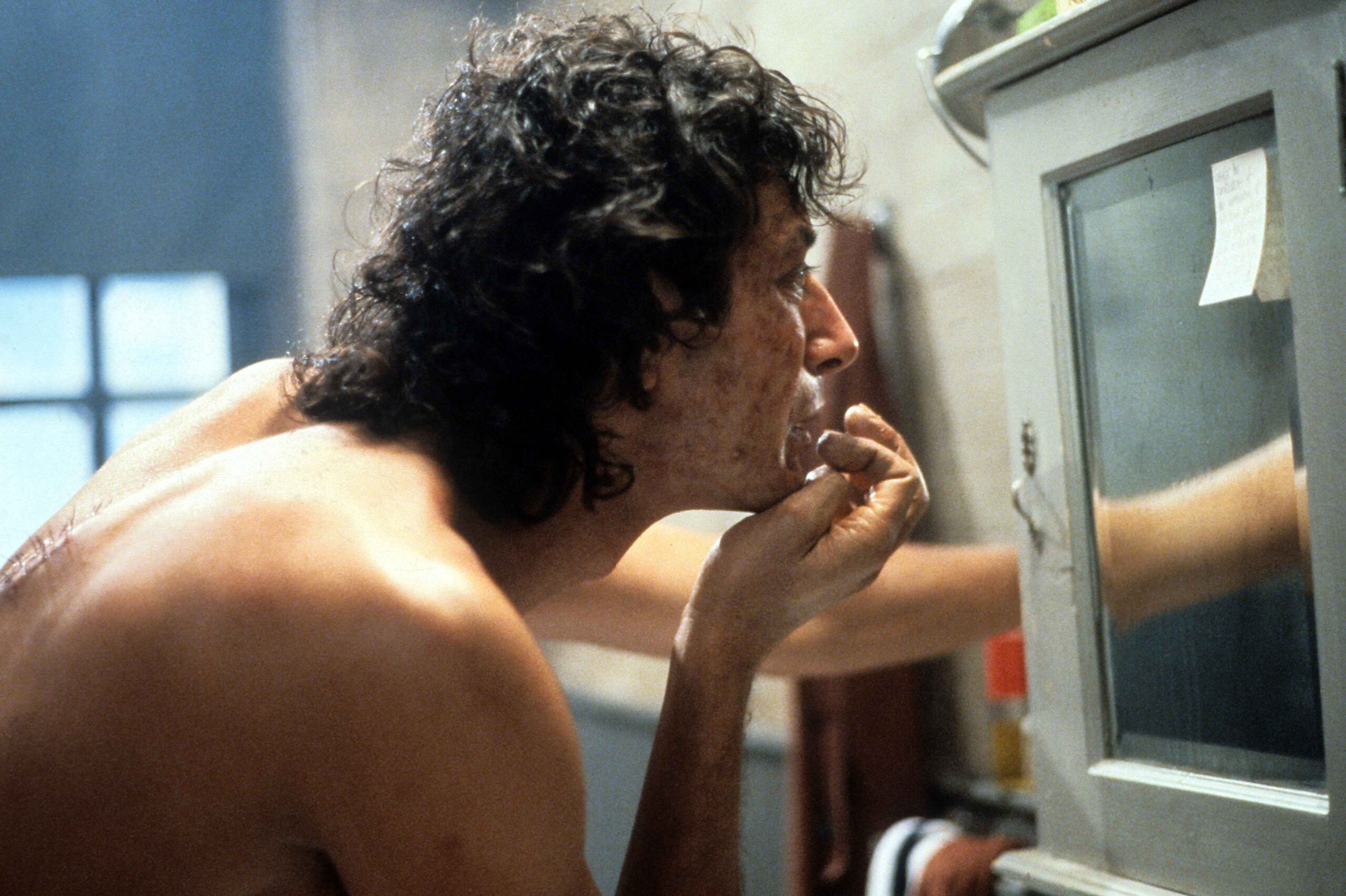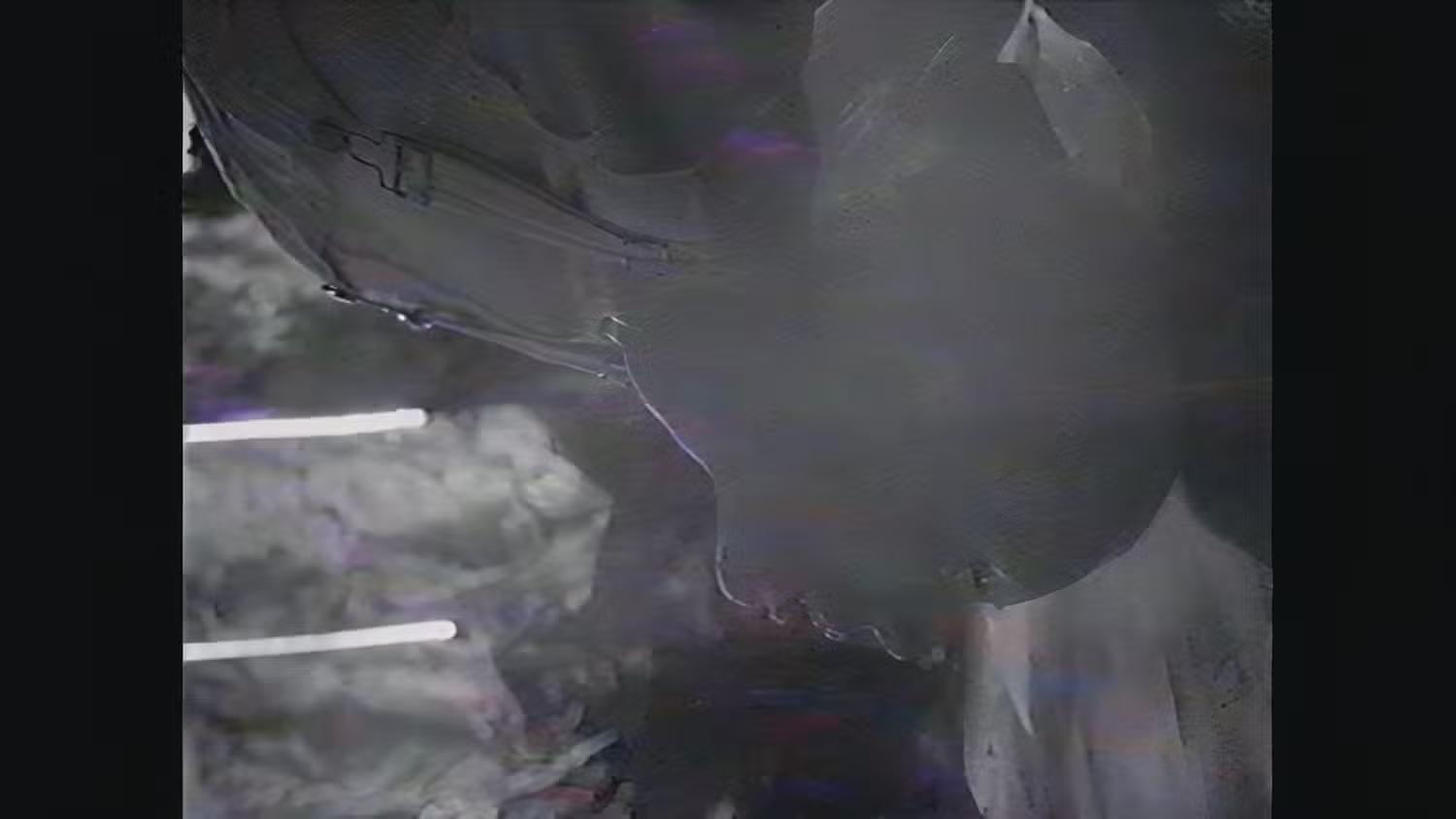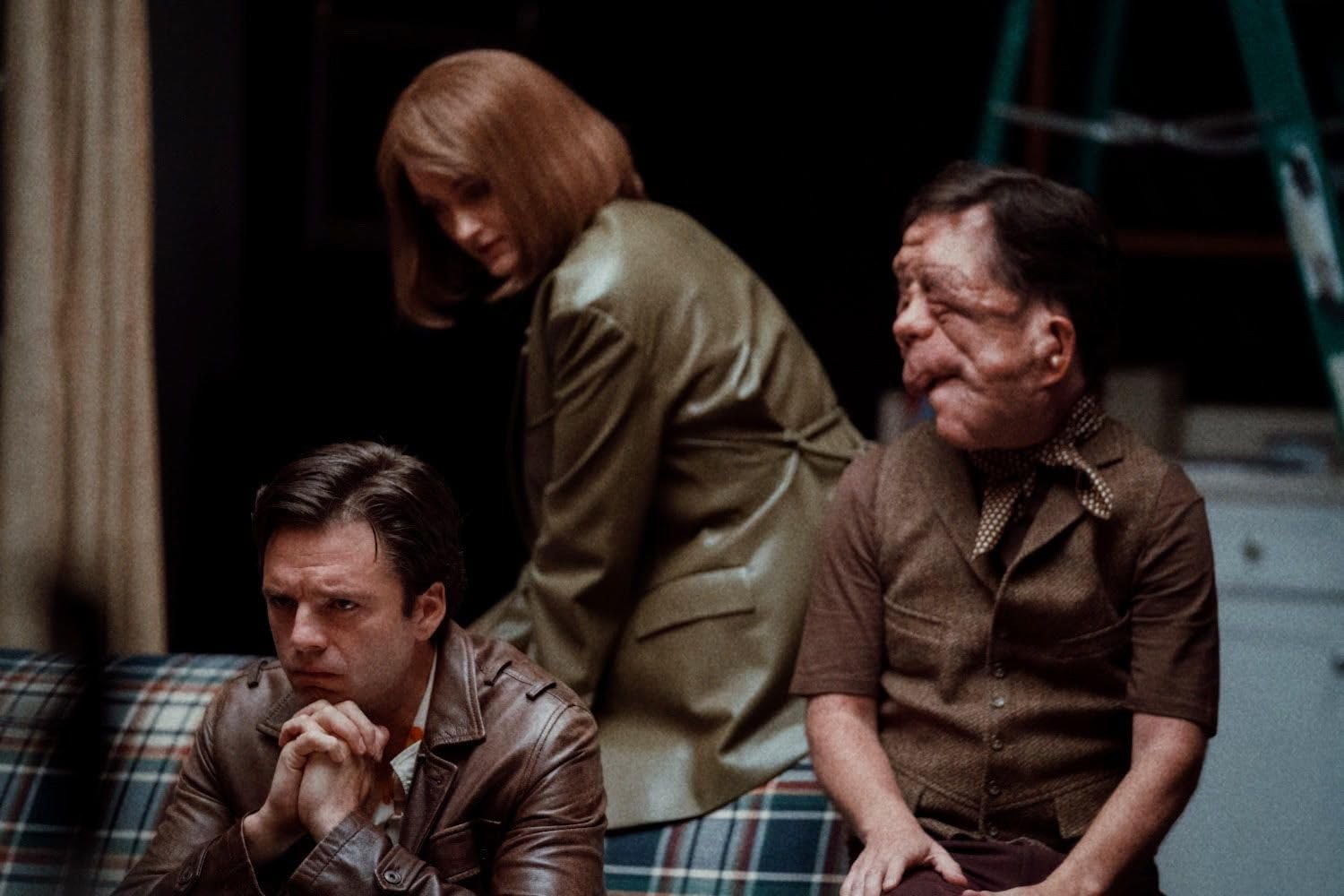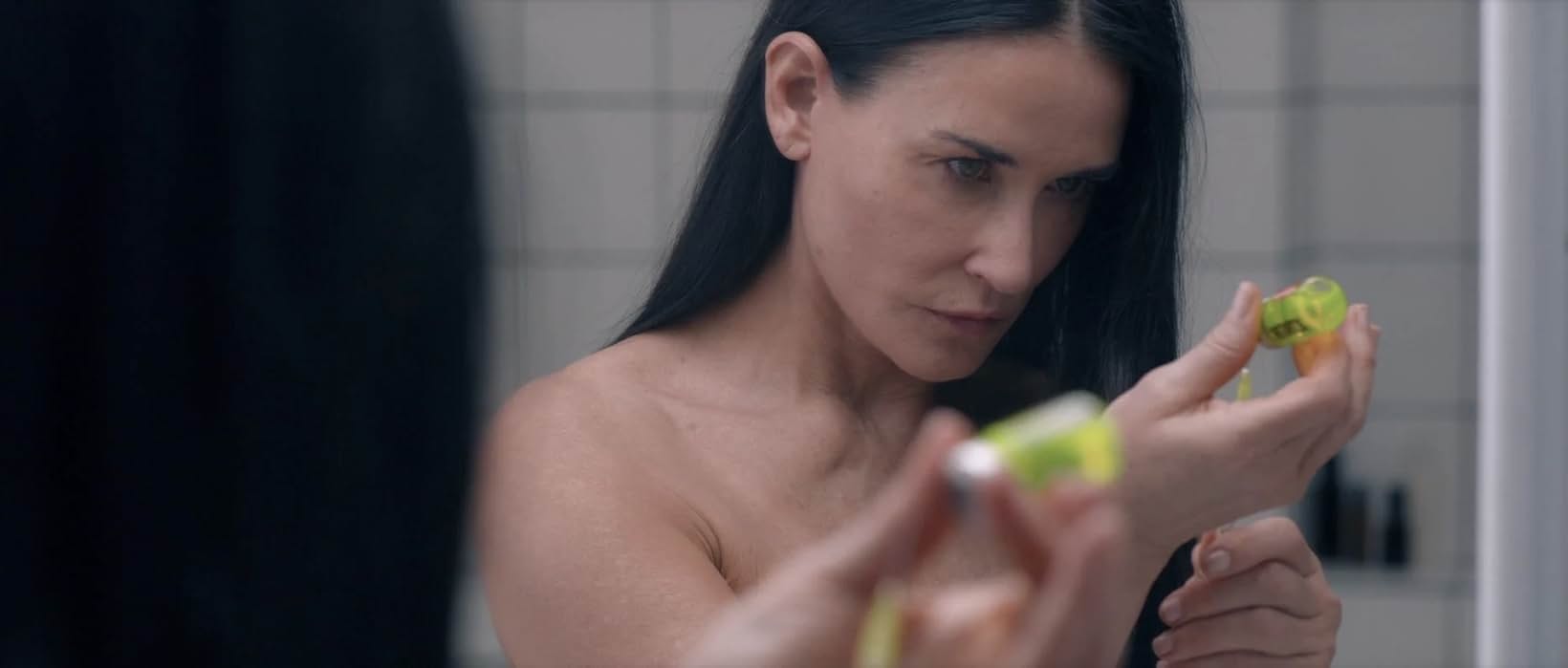We’re obsessed with transformation, but at what cost? From the grotesque metamorphosis of cinema’s body horror, we explore how it consumes us in the name of beauty
Every morning begins the same: I stumble out of bed, sleep still clinging to my eyes, and step into the shower where my real morning ritual starts. Warm water cascades over me like some form of self-baptism as I inspect my body with clinical precision. I run my hands over my abs, which feel less like a testament to fitness and more like a desperate experiment in control. Did yesterday’s diet of protein shakes and self-denial do the trick? A quick glance at the mirror confirms it, or so I tell myself. I fluff my hair, teasing each strand as if massaging out anxiety. I swipe on moisturizer and SPF because, God forbid, a single unprotected UV ray leads me down the road to melanoma. I cover blemishes with a green-tinted concealer like I’m camouflaging a battle wound. It’s been an hour. I haven’t even had coffee yet. Body horror: What hell is this?
RELATED: EXCLUSIVE: Plastique Tiara is Just As Powerful Out of Drag

This is the real body horror, isn’t it? It’s not just the grotesque images of gore and mutation that haunt us from cinema screens but the relentless, quiet war we wage against our own reflections. So, what exactly is body horror, and why does it send shivers down our spines? For some, it’s a genre defined by cinematic nightmares like David Cronenberg’s The Fly, where Jeff Goldblum’s character, Seth Brundle, undergoes a gruesome transformation into a human-sized insect. But if you strip away the prosthetics, what you’re left with is a raw allegory for our desperate attempts at self-improvement, our sick obsession with perfection. Seth thinks he’s purifying himself, becoming something stronger, leaner, better—a sentiment all too familiar to those of us who’ve sacrificed carbs for waistline, sleep for hustle, happiness for a thigh gap.

Body horror, as a genre, capitalizes on our deepest insecurities about the flesh we inhabit. 2024’s lineup includes V/H/S Beyond which takes that familiar fear and cranks it up several notches. One of its segments, penned by the macabre minds of Kate Siegel and Mike Flanagan, introduces us to a woman who’s just fled her life only to find herself inside an alien spaceship. She cuts into her own flesh, watching nanites heal her wounds in real-time, but it’s no miracle. These microscopic robots use the DNA of every living thing onboard, turning her into a walking Frankenstein’s monster. She heals, she mutates, and with every regeneration, she loses another piece of herself. This is the terror of body horror: the paradox of healing and destruction, of perfection and mutation.

Meanwhile, in A Different Man, Sebastian Stan’s Edward grapples with neurofibromatosis, a disfiguring condition he tries to “fix” with experimental surgery. But this new, handsome face doesn’t liberate him; it traps him in an identity crisis, a mirror version of himself that he can’t quite reconcile. His former self becomes a ghost, a lie, a man who “killed himself” to be reborn as someone the world could love. But even that love is a lie, an illusion that crumbles under the weight of authenticity when a charismatic and confident man named Oswald (played by Adam Pearson who has the same, real-life condition), steps into the spotlight he so desperately craved. Here, body horror isn’t just about physical transformation—it’s about the slow rot of the soul when you try to escape who you are.

And then there’s Coralie Fargeat’s The Substance, a film on the fast track to cult status. It follows an aging actress, played magnificently by Demi Moore, who consumes a mysterious black market elixir to rewind the clock on her body, now vibrantly embodied by Margaret Qualley. But, of course, youth comes at a price: selfishness. The two bodies, although one, fight for battle to merely exist for the presence of others’ validation. The substance reshapes her, stretches her, molds her into a caricature of her former self, a grotesque parody of beauty where flesh melts and reforms, leaving her trapped between the person she was and the monster she’s become. The horror here is in the lengths we’ll go to reclaim something that was never truly ours to begin with—time.
“Have you ever dreamt of a better version of yourself? Younger, more beautiful, more perfect. This is the Substance. You are the matrix. Everything comes from you. Everything is you. This is simply a better version of yourself. The one and only thing not to forget: You. Are. One. You can’t escape from yourself.“
– The Substance, 2024
Is body horror merely triggering, or can it be a form of catharsis? The genre taps into primal fears of bodily betrayal, but it also reflects the societal pressures to fit into a mold that was never designed for us in the first place. It’s a terrifying commentary on the abuses we inflict on ourselves in the name of beauty, health, and self-worth. At its core, body horror is an uncomfortable mirror. It’s the genre that forces us to confront the question: how far would you go to change yourself? And more importantly, would you even recognize yourself when you’re done?

By the time night falls, I find myself in the bathroom again, trying to undo the day’s damage. I drink my last protein shake, attempt a workout that leaves dumbbells bruising my feet, and then hit my face on the bathroom door. “Sorry,” I mutter, not to anyone in particular, but to myself, as if my body and I are locked in an endless cycle of abuse and apologies. Under the shower’s heat, I scrub myself clean, trying to purge the thoughts that have stained my mind. I brush my teeth until my gums bleed as if punishing myself for every calorie I dared to consume. Retinol, moisturizer, serums—they all go on, layers of protection against time, a futile attempt to hold onto something that slips away with every tick of the clock.
I crawl into bed, muscles sore, mind racing, wondering: who am I trying to become, and why does it feel like the more I perfect, the more I lose?
Is this transformation or self-destruction?
Photos: THE FLY (via 20th Century Studios), VHS BEYOND (via Shudder), A DIFFERENT MAN (via A24), and The Substance (via Mubi)










